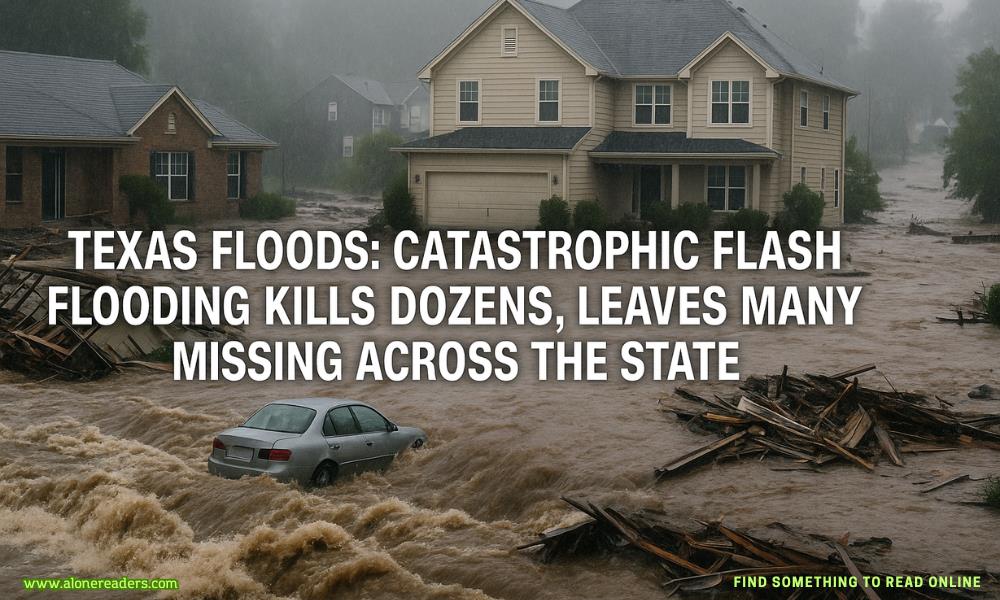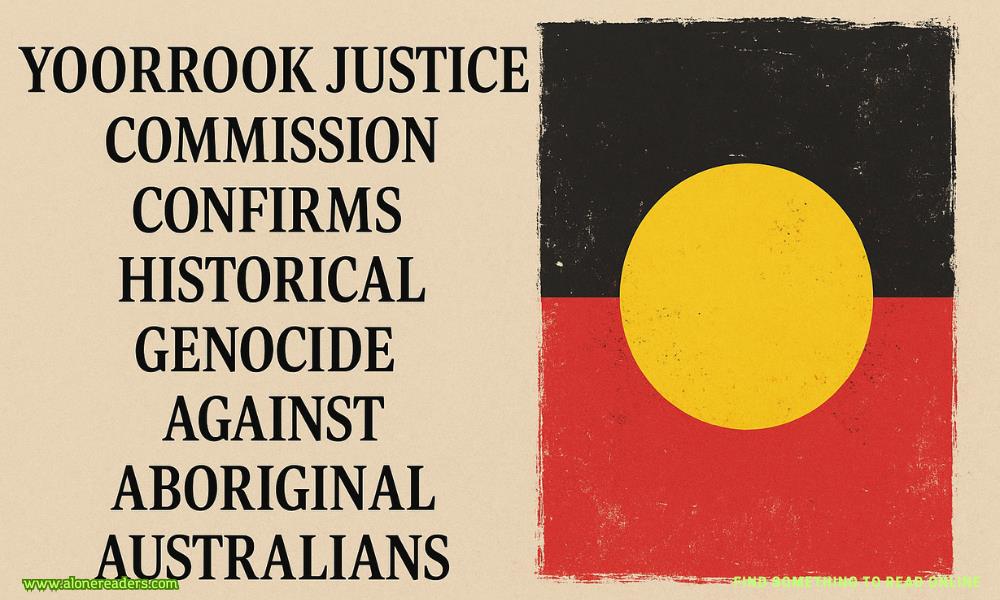Page 135 of Famine
It’s only after we enter the main building that I remember the men Famine ensnared in his plants.
I come to a halt, my eyes going to the thick green wall of shrubs that have sprouted from the ground. Since I last saw the men, the plants have flowered, and their vines have begun climbing up the walls, almost completely obscuring the foyer. Other plants have also taken root, draping themselves over the furniture, so the place looks like some strange fantasy landscape. Amongst it all, I don’t see a single body.
“Where are they?” I ask, my eyes searching the growing darkness.
“The men?” the Reaper asks. “I moved them.”
I turn my attention to Famine. “How?”
He arches a brow. “Even after everything you’ve seen from me, you still question my abilities?”
When I don’t respond, he says, “I had the plants move them.”
I grimace a little at the image.
“Why would you do that?” I ask.
“As much as I enjoy the sight of dead humans, I thought it might ruin your appetite.”
It undoubtedly would’ve, but when has that ever factored into Famine’s thought process?
That was … unusually thoughtful of him.
“You’re welcome,” he adds, because he can’t just let a kindness go without somehow spoiling it.
I stare at the foliage a little more, marveling at the odd sight now that I know there aren’t any bodies lurking within those plants.
“I was never particularly sympathetic to the plights of the living,” Famine says as we gaze out at the plants. “Even before your kind got ahold of me.”
I glance over at him. There’s something about the tilt of his face and the gleam in his eyes that reminds me of wild, untamed places. He was right when he said he had more in common with the mountains and clouds than he does with humans.
That doesn’t make me like him any less. If anything, his strangeness makes him more alluring. I know men, I know them far too well. What I don’t know is this being, with his unnatural powers and otherworldly mind.
The only thing human about him is his cruelty.
Taking my hand once more, Famine leads me out of the room. We cut through the dining room, and as I pass the giant table centered in the middle of it, I realize that it was only last night that I ruined the horseman’s dinner—much to his delight. That memory feels like a lifetime ago.
We pass through a nondescript door. On the other side of it is an enormous kitchen.
Unlike other houses we’ve been in, there’s no soul to this kitchen. It’s clear from the unadorned walls and the bare countertops that only servants lingered in this space.
“There’s no one left to prepare you a meal,” Famine says. “We’re on our own, I’m afraid.” He actually sounds vaguely concerned about that.
“I think I can manage,” I say. Unlike some people I know, I’ve had to cook for myself for the last several years. A twinge of sadness hits me when I realize I won’t ever get those campy meals again, where I and some of the other girls at the bordello would pile into the kitchen, all of us talking and laughing while we cooked and cleaned.
Life at The Painted Angel wasn’t all bad. It really wasn’t.
Connected to the kitchen is a walk-in pantry where it looks like most of the food is stored. There are huge bags of rice and flour, jars of various fruits, dried salamis and herbs that hang from the overhead crossbeams—and on and on. There are even some pre-made items, like the basket of cheese bread that sits untouched on the shelf and the small sack of cassava chips.
Famine moves towards a wheel of cheese and peers at it. “This smells like death. I’m immensely intrigued.”
I glance at the horseman. I hadn’t realized he was planning on eating alongside me. This … might actually be fun.
“Give me a second,” I say to him.
He looks over at me just as I leave the pantry and re-enter the kitchen. I’m only in the room long enough to grab a knife, and then I return to the horseman’s side.
Stepping up to the wheel of cheese, I cut out a wedge and hand it to him.
- Daddy's Accidental Babies by Sofia T. Summers
- Death by Michelle Heard
- Feral by Jenika Snow
- Quadruplets for the Vipers by Tia Quinn
- Beautiful Sinner by Ivy Davis
- Ride Me Cowboy by Clare Connelly
- Bound in Matrimony by Emma Bray
- Calla's Boys by Yolanda Olson
- Property of Anchor by Winter Travers
- Punish Me, Daddy by Sara Fields
- His Mark by Sara Fields
- Filthy and Fierce by Hope Ford
- Vow of Obsession by Lucy Darling
- Veiled Vengeance by Ivy King
- Don't Say You're Sorry by Bethany Winters
- Kingston by Terri Anne Browning







